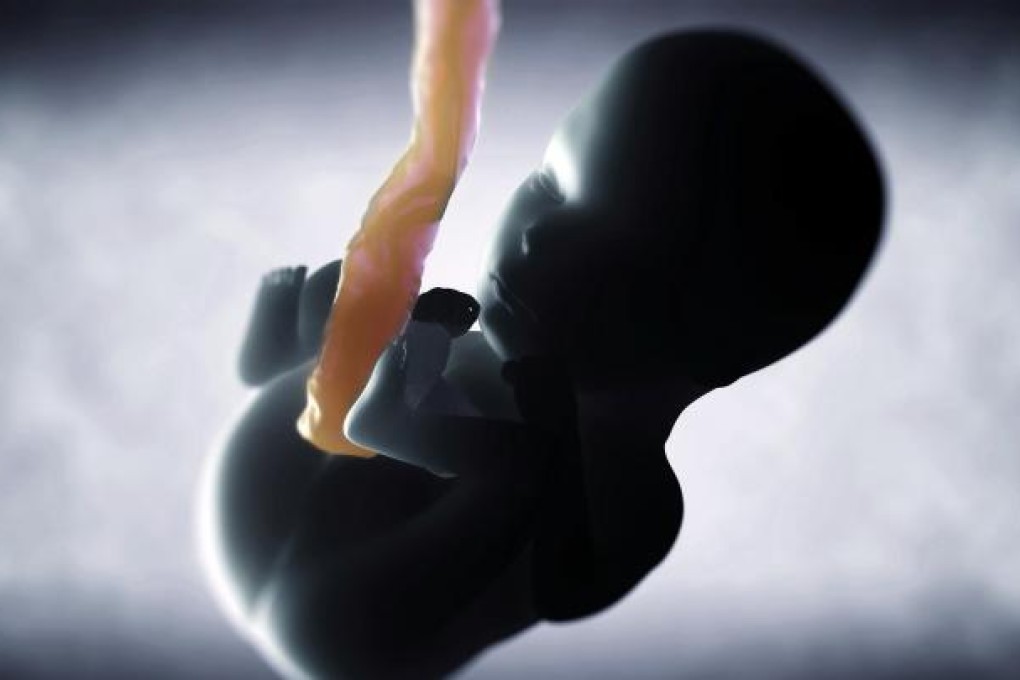More Hong Kong parents are paying the high cost of storing umbilical cord blood
Is storing the umbilical cord blood of your child worth the high cost?Elaine Yau investigates

The sales pitch of the blood bank is something first-time mother Mrs Leung couldn't ignore. When she gave birth to her son at Union Hospital last year, she was told her child's umbilical cord was rich with stem cells that may have the potential to treat Alzheimer's disease and traumatic brain injury in the future.
Tempted by the promise, she shelled out HK$100,000 for the collection and storage of her umbilical cord and its blood, with private blood bank CordLife.
"Of course, I don't want to use the cord or cord blood in future," says Leung, a marketing manager. "But they might come in handy if, unfortunately, diseases related to blood or the immune system strike in future. There are cases of successful treatment of those diseases using them."
Increasingly, parents like Leung are using blood banks for collection and storage of cord blood. But doctors say the cases of using one's own cord blood for successful treatment are rare, and the lack of government regulation over the private blood bank industry leads to security concerns.
A government spokesman says they do not have information on the number of companies that help people store umbilical cord blood. However, a Consumer Council study in 2010 listed six cord blood storage providers, whose cost of service ranged from about HK$6,000 to more than HK$30,000,
CordLife, a Singapore-listed blood bank which entered the local market in 2005, is among the major operators. Arthur Lau Yi-king, its senior project and quality assurance manager, says its services are popular with local and mainland parents. Another provider, HealthBaby, says it has more than 20,000 customers.